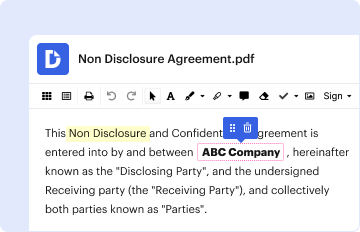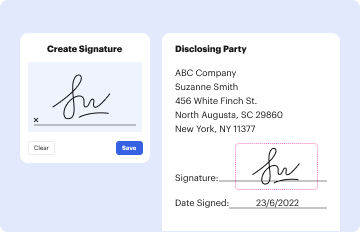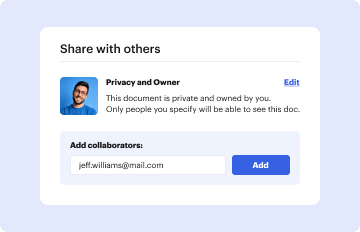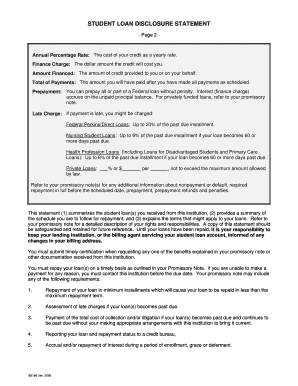Definition and Purpose
The Form 104PN, issued by the Colorado Department of Revenue, is designed for part-year residents and nonresidents to accurately report their income subject to Colorado taxation. This form ensures that only income earned within Colorado's jurisdiction is taxed. It provides a framework for individuals to declare their income proportionally based on the time lived in Colorado or income sourced from the state.
Key Features of Form 104PN
- Income Declaration: The form initiates with sections for reporting different types of earnings such as wages, dividends, and business income earned in Colorado.
- Residency Apportionment: It provides guidelines to separate income earned while a resident of Colorado from income accrued while living outside the state.
Steps to Complete Form 104PN
- Gather Necessary Information: Before starting, collate all relevant financial documents such as W-2s, investment income statements, and any records detailing income earned within Colorado.
- Determine Residency Status: Identify the duration of your residency in Colorado and any income sourced from Colorado as a nonresident.
- Report Colorado-Sourced Income: Utilize sections of the form dedicated to outlining Colorado-specific earnings, ensuring that they reflect accurately on your tax liability.
- Calculate Adjusted Gross Income: Input relevant deductions and credits, focusing on apportioning them correctly to your time and activity in Colorado.
- Review and Confirm Calculations: Ensure all entered information is correct, and verify calculations to prevent potential discrepancies or errors.
Who Typically Uses Form 104PN
Form 104PN is primarily utilized by individuals with diverse living arrangements involving Colorado and other states. These individuals include:
- Part-Year Residents: Those who have lived in Colorado for only part of the tax year.
- Nonresidents: Individuals who reside outside Colorado but earn income from Colorado sources.
- Seasonal Workers: People who temporarily relocate to Colorado for seasonal employment opportunities.
Important Terminology
Understanding Key Terms
- Part-Year Resident: An individual who has relocated to or from Colorado at some moment during the tax year.
- Nonresident: Anyone residing in another state for the entire tax year but has earned income from Colorado sources.
- Apportioned Income: Allocation of income based on the proportion of the year spent in Colorado versus elsewhere.
Form Submission Methods
Submitting your completed Form 104PN can be accomplished in multiple ways, catering to different preferences:
- Online Submission: E-filing through the Colorado Department of Revenue's electronic services.
- Mail Submission: Traditional postal service, ensuring the form reaches the designated state tax office by the due date.
- In-Person Submission: Direct handover at designated Colorado state tax service centers.
Filing Deadlines and Important Dates
The due date for filing Form 104PN aligns with the federal tax deadline, typically April 15th unless an extension applies. Mark all significant dates on your calendar to avoid late filing penalties. If additional time is needed, request an extension via official state channels to ensure continued compliance.
Penalties for Non-Compliance
Failing to file or incorrectly completing Form 104PN subjects taxpayers to potential penalties, including:
- Fines and Fees: Monetary penalties based on the unpaid tax amount or late submission duration.
- Interest Charges: Accumulating interest on any outstanding taxes owed, cited from the original filing due date.
- Loss of Refunds: Failure to adhere to submission deadlines can result in forfeiting potential state tax refunds.
State-Specific Rules for Form 104PN
Each U.S. state holds distinct legislative guidelines influencing the taxation processes like those in Colorado. Key considerations include:
- Unique Income Categories: Familiarize with Colorado's definitions for income types and eligible deductions.
- Specific Tax Credits: Check for Colorado-specific credits that might affect your tax calculations.
Digital vs. Paper Version
Evaluating whether to choose digital or paper filing involves understanding the distinct advantages and limitations each offers:
- Digital Advantages: Streamlined processing, quick accessibility, and reduced error rates due to built-in auditing functions.
- Paper Benefits: Physical record-keeping, manageable formatting for those less digitally proficient.
In conclusion, the Colorado Department of Revenue's Form 104PN plays an integral role in ensuring accurate tax compliance for part-year and nonresident taxpayers in Colorado. Understanding its nuances enables individuals to file correctly and leverage eligible credits and deductions effectively.









